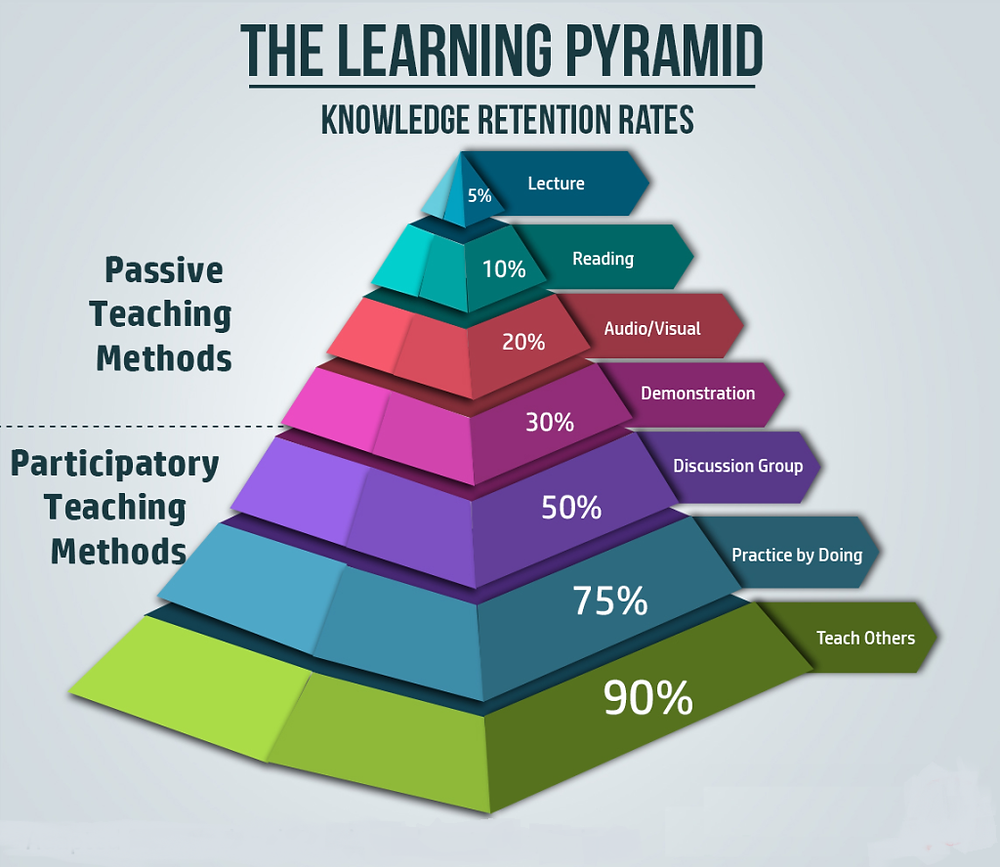Team Building in Egypt
"If you want to go fast, go alone. If you want to go far, go together!"
In the last 15 years we have worked with thousands of companies on developing their teams and in the process we developed our own as well in 5 different countries. So, no matter the size of the organization, big or small, we cater our various team building courses to your needs.
By investing in the connections between each of these people we see people flourish and visions accomplished. Therefore, our experiential team building in Egypt is for teams looking to go deeper, grow stronger and think bigger.

Experiential Team Building Activities in Egypt
Construction
Construction
Construction challenges require teams to strategize and be tactical with their use of equipment as well their ability to work in silos.
See All Construction Challenges
Adventure
Adventure
Whether it's going out into the wild and adventurous natural venues in Egypt such as the Fayoum desert, or bringing the adventure to a hotel venue, adventure courses definitely bring out the inner courage in our participants.
See All Adventure Challenges
Competition
Competition
Built to your exact requirements, these are our hands-on team development options. No heavy lifting is required, just logic and creativity to bring to life magnificent creations.
See All Competition Challenges
Digital
Digital
It is said that necessity is the mother of all invention – if you are looking for breakthrough with your business team in Egypt, our creative team builds could be the answer.
See All Digital Challenges
Creative
Creative
Discover the creative talents in your team through these challenges! Whether it's through drawing, choreography, acting or cooking, we've got the challenge to make your team shine.
See All Creative Challenges
Strategy
Strategy
See All Strategy Challenges
Why Experiential Training?

"We learn 90% of what we use immediately and 75% when we practice what we learn"
To summarize the Learning Pyramid – learners retain approximately:
- 5% of what we learn when we’ve learned from lecture.
- 10% of what we learn when we’ve learned from reading.
- 20% of what we learn from audio-visual.
- 30% of what we learn when we see a demonstration.
- 50% of what we learn when engaged in a group discussion.
- 75% of what they learn when they practice what they learned
- 90% of what they learn when they teach someone else/use immediately
Both passive and active learning methods will have value at different stages of an individual’s development, but The Learning Pyramid shows that active learning can be the most effective at achieving high levels of knowledge retention.
The Learning Pyramid was developed by Edgar Dale in the 1960s by the National Training Laboratories Institute in Bethel, Maine.

